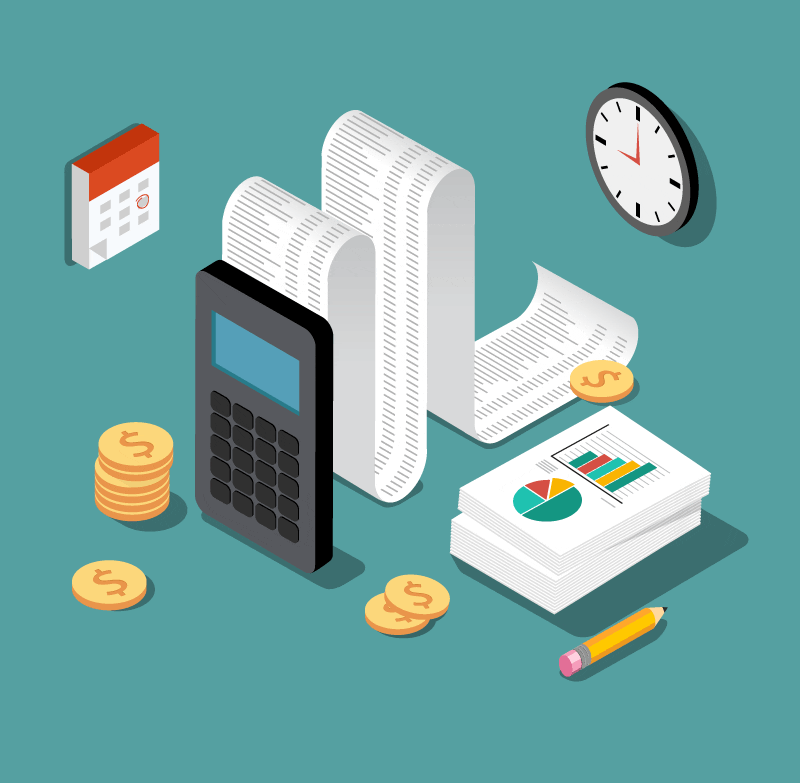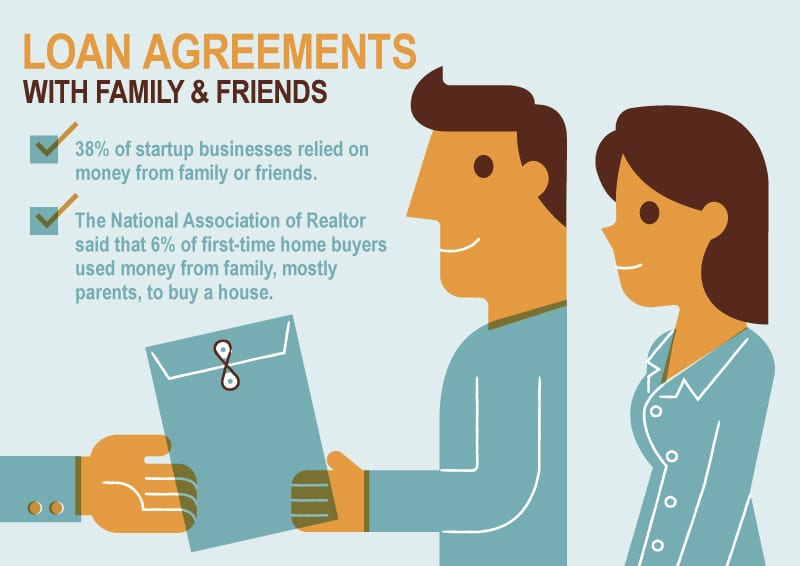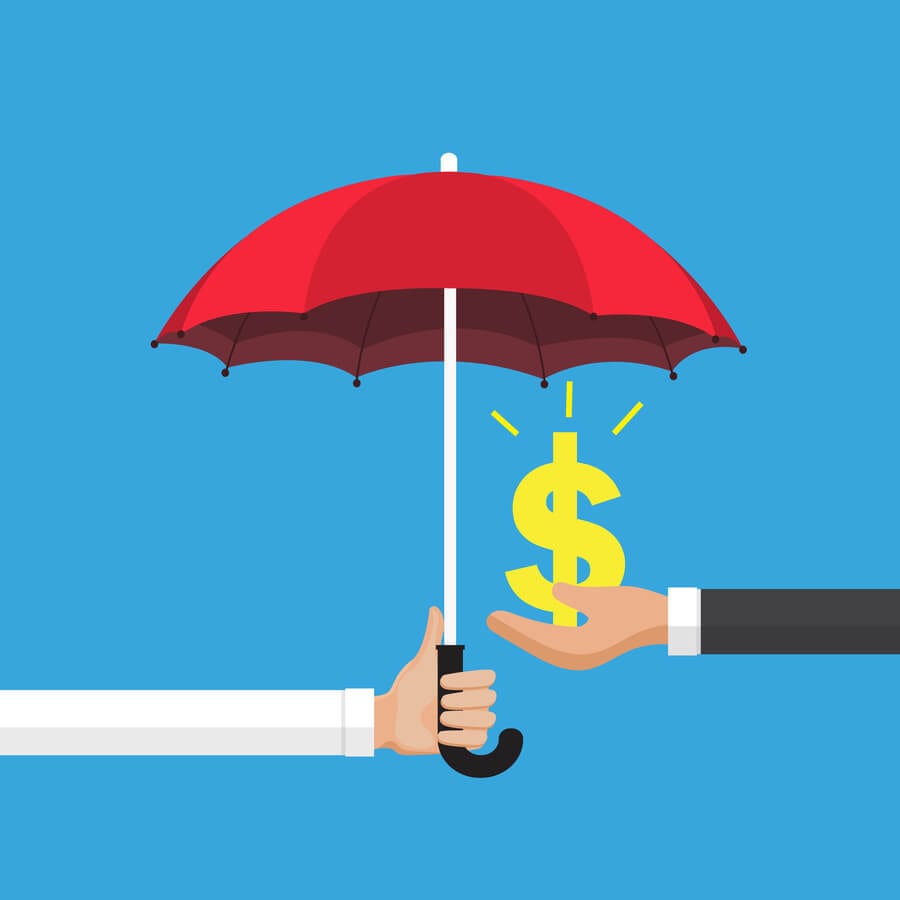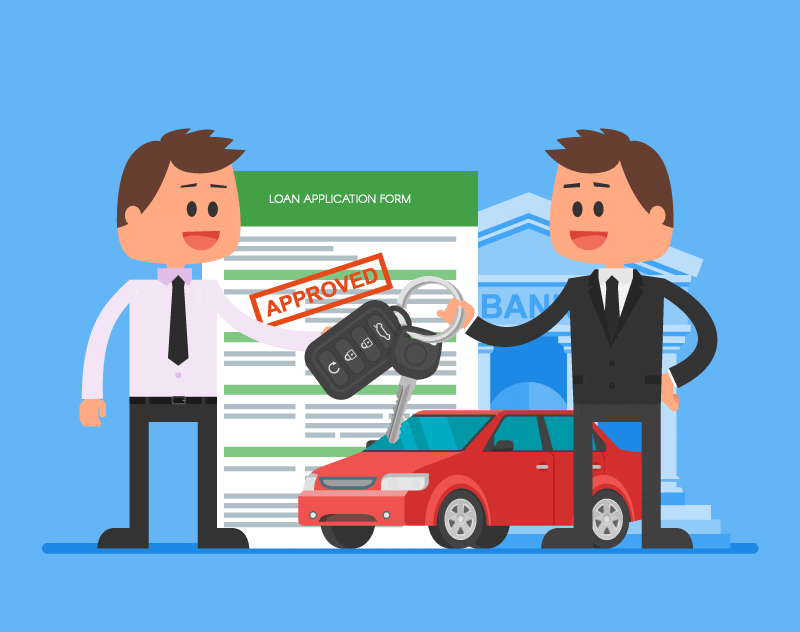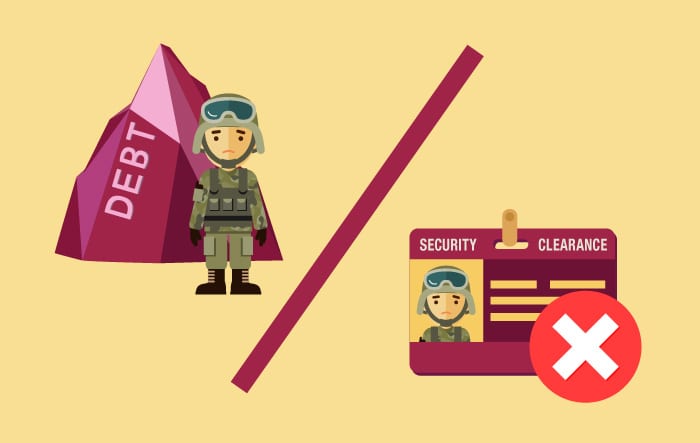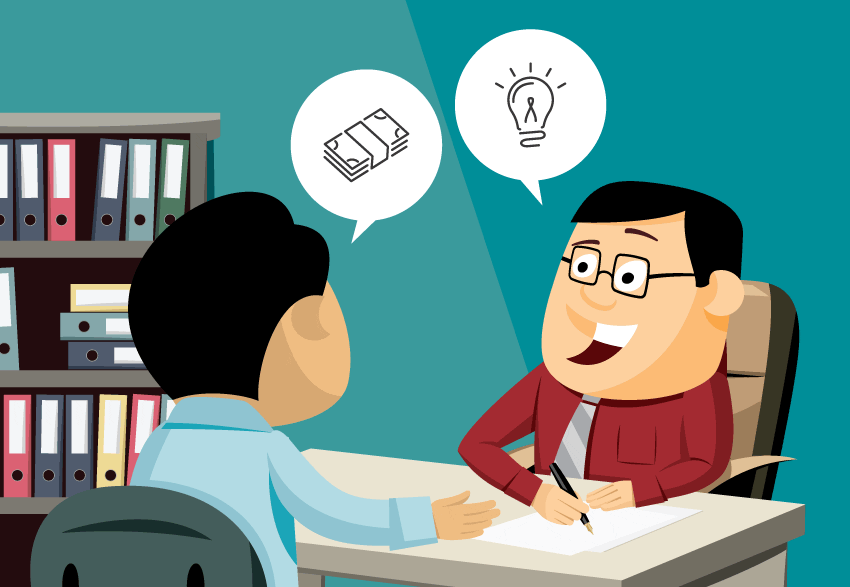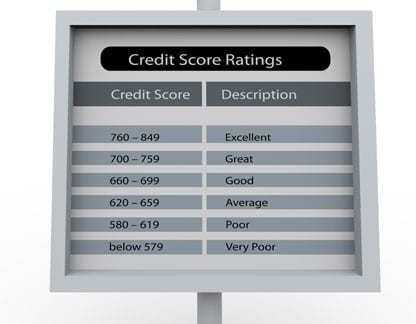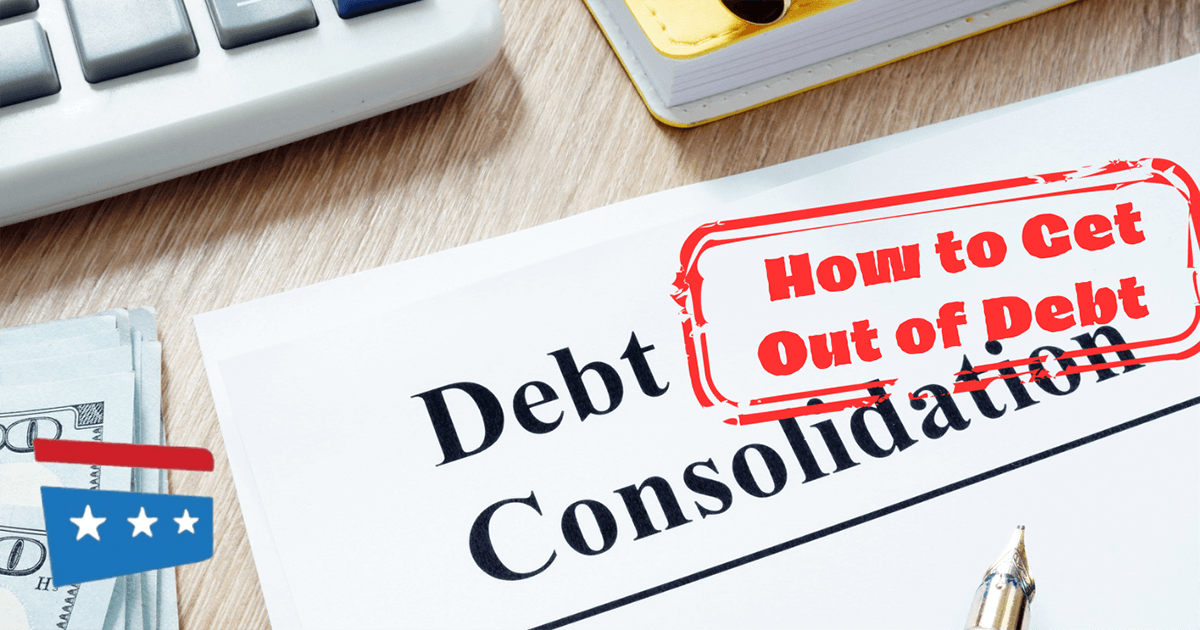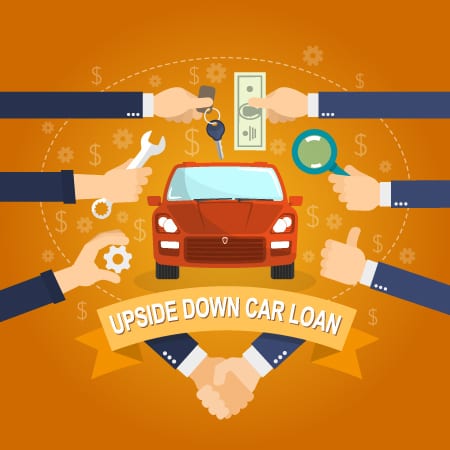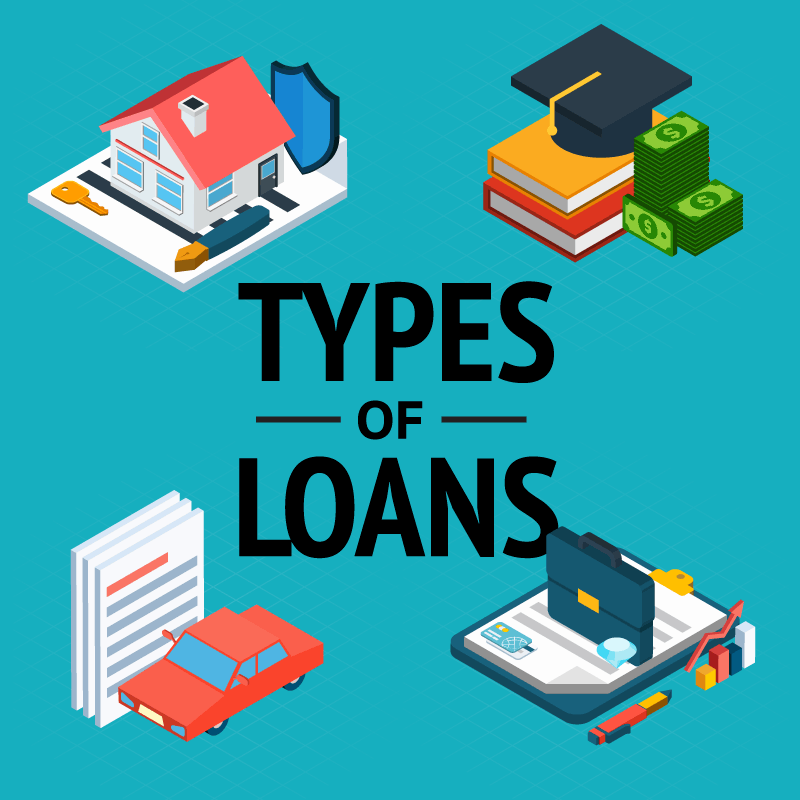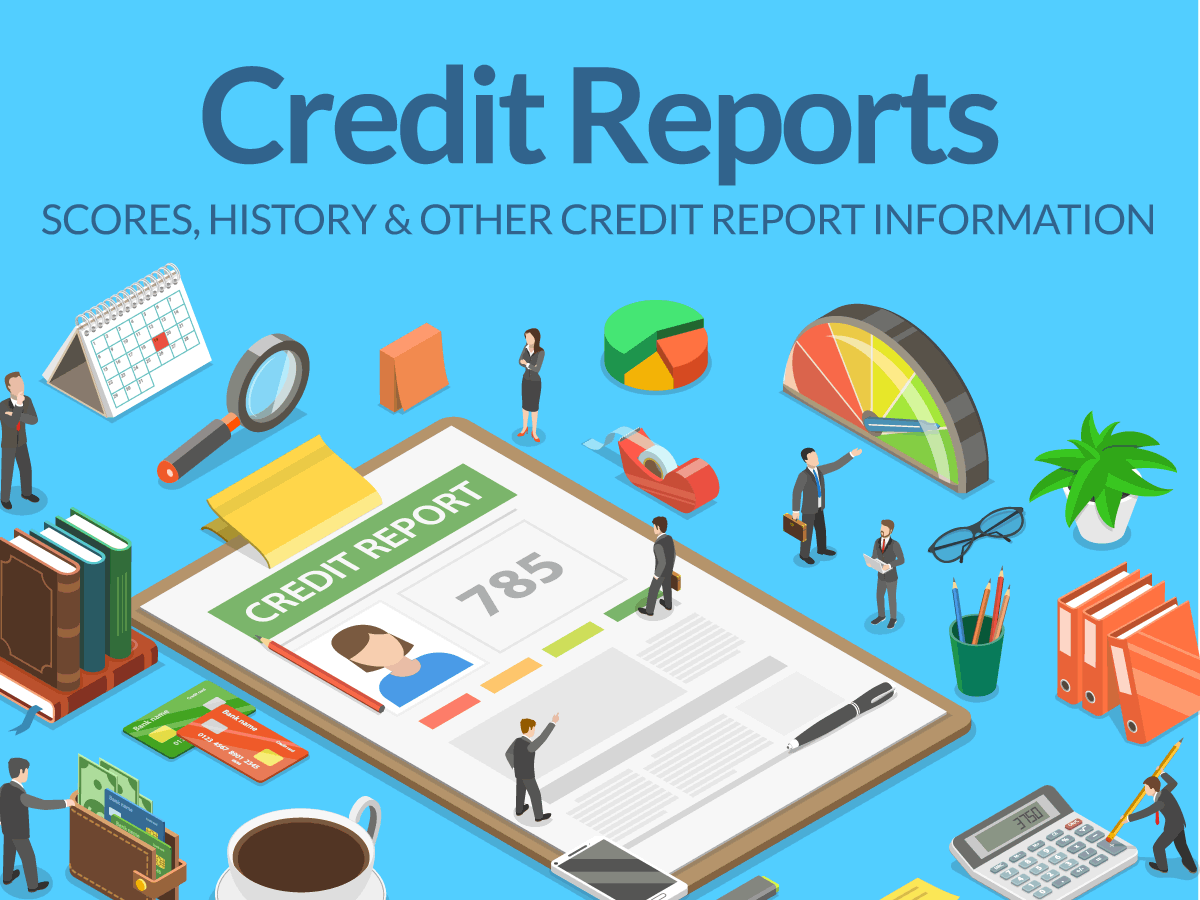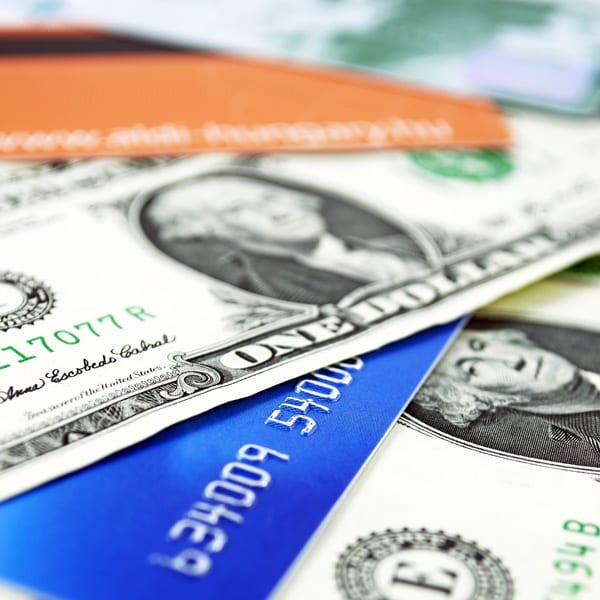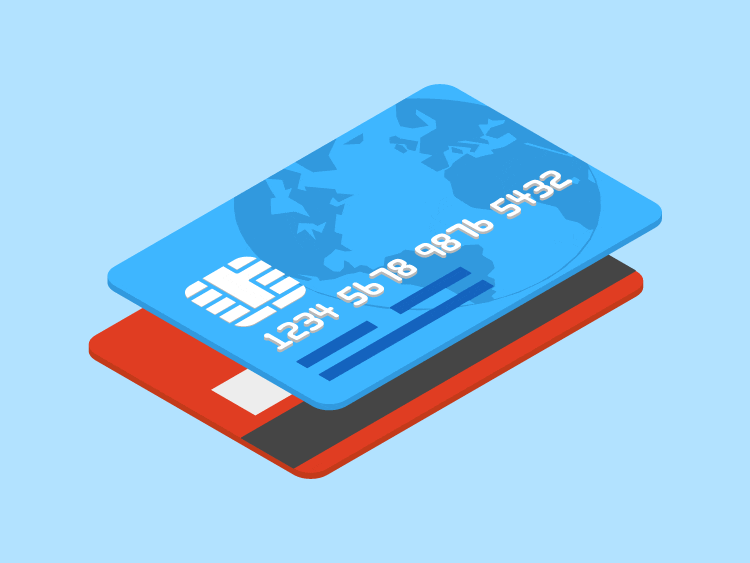Rebuilding Credit After Bankruptcy - Debt.org
Rebuilding credit after bankruptcy can seem impossible. Learn how long bankruptcy affects your credit & ways to improve your credit score after bankruptcy.| Debt.org
Loan Agreement Terms & How to Write a Loan Contract
Loan agreements ensure both lenders and borrowers know the terms of a loan. Learn what should be included in loan agreements and how to write one.| Debt.org
Can You Consolidate Debt Into a First-Time Mortgage?
Learn about the pros and cons of consolidating your debt into a new mortgage and whether it's the best debt relief option for you.| Debt.org
How to File for Bankruptcy and Keep Your Car
File for bankruptcy without losing your car. Explore your options in Chapter 7 & 13 bankruptcy. Learn how to keep your car today!| Debt.org
Can I Use a Reverse Mortgage To Pay Off Debt? | Debt.org
Learn the advantages and disadvantages of using a reverse mortgage to pay off existing debts, how they work, and what can spend the money on.| Debt.org
Family Loans: How To Lend Money to Family & Friends
Getting a loan from a family member? Draw up the right loan agreement to safeguard both sides. Discover how to do it right and avoid disputes.| Debt.org
Consumer Financial Protection Bureau - Programs & Customer Complaints
The Consumer Financial Protection Bureau is a new federal agency created to protect consumers of financial products and services.| Debt.org
What Age Should I Start Saving Money? - Where to Save, How Much & When
Experts say the age at which you should start saving money is now – or the earlier the better. The sooner you start, the bigger the money total can grow.| Debt.org
How to Manage Your Finances When Serving in the Military -- SCRA
While in the military, it may be hard to manage your money. Learn more about financial literacy, management & programs providing financial help to the military.| Debt.org
Can I Make a Car Payment with a Credit Card? | Debt.org
Learn more about paying your car payment with a credit card, methods to do it successfully, and the pros and cons associated with each method.| Debt.org
How Does Debt Affect Military Security Clearances
Debt impacts the ability to obtain a security clearance. Learn the role it plays & what resources the military offers to help you manage your money.| Debt.org
Credit Unions - Benefits, Types & Regulations
Credit unions are nonprofits that offer members a cheaper price on financial services than some banks. Learn the advantages & disadvantages of credit unions.| Debt.org
Debt Help & Advice - Strategies for Tackling Debt
Simple tips for how to avoid debt and how to get out of debt, provided by the experts at Debt.org, America's Debt Help Organization.| Debt.org
Credit Scoring Models: FICO, VantageScore & More
Credit scoring models are used to help evaluate the creditworthiness of consumers. Learn about FICO, VantageScore and other scoring models.| Debt.org
Do I Have Too Much Debt? - Warning Signs & How to Improve
Do I have too much debt? You may have too much debt if monthly bills use up a large portion of their incomes or if they have maxed-out credit cards.| Debt.org
How to Get Out of Debt: 7 Tips on Getting Out of Debt Fast
There are a handful of strategies to help you get out of debt. It’s important to understand your financial situation to choose the best debt pay off strategy for you.| Debt.org
What is an Upside Down Car Loan & How Do You Avoid It?
Upside-down car loans happen when you use a loan to make a down payment. Get out of an upside-down car loan with these tips & avoid them in the future.| Debt.org
10 Tips to Shopping for a Car
Here are 10 things you should know before you buy a car, including prioritizing your needs and understanding what car satisfies them.| Debt.org
Banks, Credit Unions & Savings Institutions - What Are The Differences
There are several options for people who want to get out of debt, borrow or save money. These include banks, credit unions and other savings institutions.| Debt.org
Loans & Credit: Personal Credit & Loan Options
Different types of consumer loans & lines of credit provide options for consumers and businesses to better manage their financial situation & repay debts.| Debt.org
Home Equity Loans for Debt Consolidation: What to Know
Home equity loans can be used for debt consolidation by combining your debt into one place, making it easier to make your monthly payments. Learn more.| Debt.org
Student Loan Resources: Financial Aid & Loan Debt Management
Student loans account for over $1 trillion in debt in America. Learn to acquire, manage, pay back different types of financial aid and other student debts.| Debt.org
How to Establish Credit: Building Your Credit Score
Visit Debt.org to learn more about how to build and establish a strong credit score.| Debt.org
Credit Report: What’s on Your Credit History Report & Who Checks it?
Credit reports can be confusing. Learn general credit report information including when, where & how to get a credit report.| Debt.org
Lines of Credit: Types, How They Work & How to Get Them
Lines of credit can be used for short-term emergencies or long-term projects. Learn which types may be most suitable for your situation.| Debt.org
Credit Cards: Types of Debt & How Credit Cards Work
Credit cards are a type of revolving debt that can be very helpful when used properly but can also cause serious debt problems.| Debt.org
How to Improve Your Credit Score: Tips & Tricks
Learning how to raise your credit score may mean the difference between a loan getting approved or denied. Use these tips to keep your credit score healthy.| Debt.org



